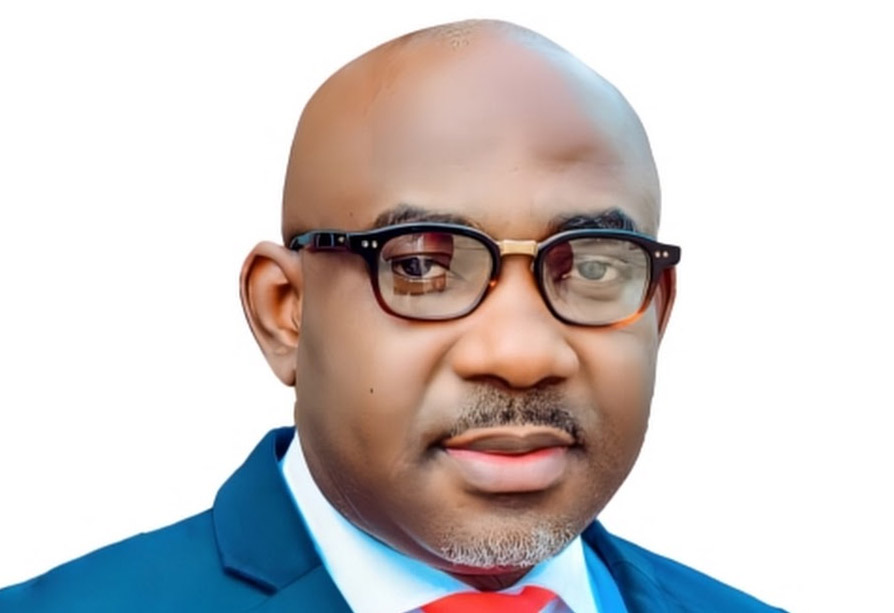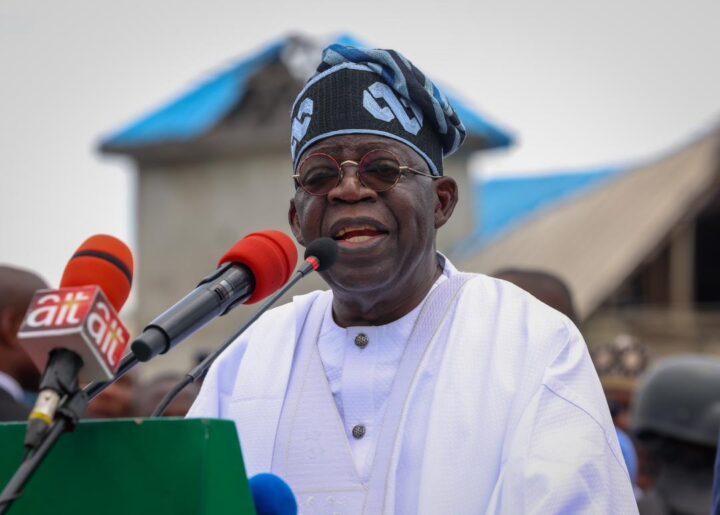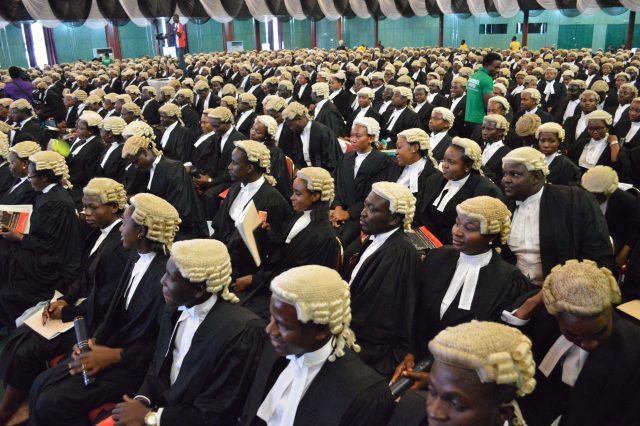In this era of governance, globally, decision-makers use high-frequency data to make decisions and provide transformational leadership. Sadly, Nigeria has not adopted this playbook, as no one knows basic data as the actual population of Nigerians. Instead, over the years, there has been reliance on estimates or projections of international organisations such as the United Nations and the International Monetary Fund (IMF).
It is embarrassing that Nigeria last conducted a population census in March 2006 (the population was estimated to be 140 million). Seventeen years later, there is no official update on that figure, and there are concerns that censuses in Nigeria lack credibility.
Nigeria has been due for a national census since 2016 (in line with the UN recommendation of a census at least once every ten years) but has been unable to carry out one due to the lack of funds. It is interesting that for a project of this nature and importance, which is capable of changing the blind politicking narrative of the country, funds have somehow not been made available.
In 2014, the National Population Commission (NPC) required ₦17 billion to conduct the 2016 national census. In 2015, the Commission said the 2016 census would not hold because of poor budgetary allocation. The 2016 census ended up not taking place, and this was blamed on the change in government and the economic recession. People speculated the census would hold in 2017, but this could not play out, and this was blamed on the economic recession that played out due to a fall in oil prices.
Advertisement
Later on, the census was slated for 2018, at an estimated cost of ₦272 billion, but the government could only afford 51 percent of the cost and sought donors for the remaining 49 percent. Furthermore, the National Assembly called for the postponement of the proposed 2018 population census on the ground that such an exercise, coming on the eve of the 2019 general elections, could end in chaos.
Coupled with economic woes, COVID-19 disrupted plans for the exercise in 2020, so the census was moved to 2022, then it was postponed till March 2023 and then till after the 2023 elections. Recently, the Muhammadu Buhari-led administration has announced an indefinite postponement of the census initially slated for 3 – 7 May 2023. I opine that the administration missed an opportunity to make history and create a foundation for effective policy-making by relevant stakeholders—government, investors, businesses, academics, households and individuals. Moreover, census figures can help spur investments in long-term data collection and analytics infrastructure by all levels of government.
Nasir Kwarra, the current NPC Chairman, said there was appreciable progress in the build-up to the 2023 Population and Housing Census. The Enumeration Area Demarcation of the country and the conduct of the first and second pre-tests were complete. He mentioned there has also been the recruitment and training of ad hoc staff and the procurement of Personal Digital Assistants and ICT infrastructures.
Advertisement
In Nigeria’s 2022 budget, ₦178 billion was earmarked for the census to cover enumeration activities, training, and general preparations. In 2023, no fund was allocated for the census in the budget, but the NPC came out to say it had a budget of ₦869 billion, which was met with lots of criticisms, which shows that as the years roll by, it is likely that conducting a census will become more expensive.
In reality, the Federal Government does not have such an amount to spare on a project it has not prioritised. More importantly, the country is troubled by debts that recently had to be restructured, which would not have been much of a problem but for the country’s weak revenue generation capacity.
From the Nigerian government’s posture over the years, citizens have come to have a hate affair with data; this narrative must change. There has also been an all-time low trust in data institutions. For example, many Nigerians do not agree with the inflation figures periodically released by the National Bureau of Statistics (NBS). The Nigerian government has fuelled this widespread institutional distrust. Trillions of naira have perished on interventionist projects such as fuel subsidies, social welfare, and empowerment programmes without adequate and accurate data, which is dependent on timely census figures.
Arguably, the absence of accurate figures has negatively affected the administrations after Obasanjo’s. The Nigerian government has been making largely uninformed decisions, and the narrative of looking to foreign institutions for what is deemed as “authentic Nigerian data” must change.
Advertisement
The next administration must prioritise the conduct of a national census as soon as possible, as it will help drive the developmental goals intended to raise the standard of living of Nigerians.
The government must also support statistical agencies at the federal, state and local levels with resources to invest in data collection and analytics infrastructure to guide national development. This investment will translate into increased foreign investments and improved business performance as entities will have the relevant data to make decisions.
The issue of census data should also drive up conversations about Nigeria’s federalism and fiscal policies. Revenue sharing or political representation based on states’ population numbers should stop. In the past, the Revenue Mobilisation Allocation and Fiscal Commission (RMAFC) has complained that states and local governments were concocting figures to boost their share of revenues. Once states know no incentives will come with population figures, they will generate revenue innovatively.
A fundamental truth is then exposed: conducting a national census is not in itself a challenge. It is the way census data is utilised to influence governance and economic decisions that is the issue..
Advertisement
The National Identity Management Commission (NIMC), which manages the National Identity Number (NIN), must also be prioritised and given all required resources. As of April 2023, enrolments for the NIN stood at 98.7 million. The goal must be to have an integrated system where every Nigerian has a NIN linked to every aspect of life: banking, communications, employment, healthcare, and education, among others.
A proper identity management system will make governance more impactful. It will also help achieve an effective tax system. The next administration must, therefore, prioritise data and identity management, as they are crucial footings for a more productive population.
Advertisement
Abiodun is an analyst at SBM Intelligence
Advertisement
Views expressed by contributors are strictly personal and not of TheCable.
Add a comment






